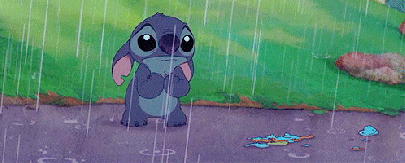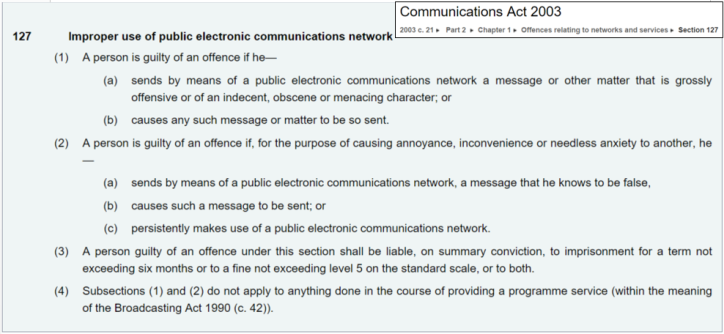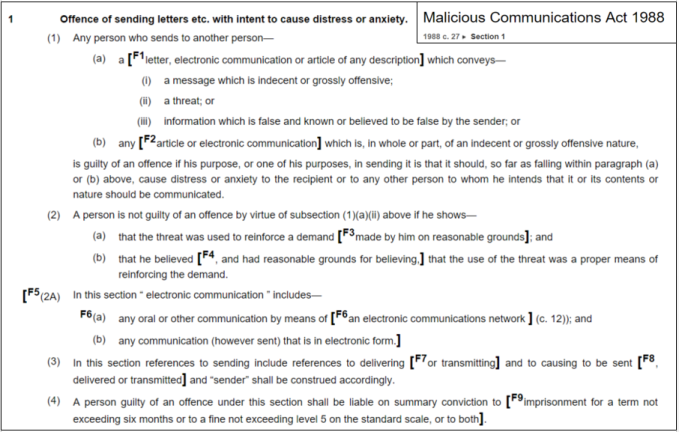. . .
– Let’s think –
After reading Jamie‘s post, what got me thinking further is her example of the Gushcloud Expose. Bloggers from Gushcloud were asked to write negative comments about its clients’ rival companies.[1] Such defamation is unethical and can result in dire consequences such as people losing their jobs.
So how can companies protect themselves against libel?
According to Dr. Chris Anderson,[2] co-founder of Cyberinvestigation Services, he stated that it boils down to three steps: Protection, Monitoring and Defense.
1. Protection: Encouraging satisfied customers to write reviews to build additional content such that positive material occupies the google search of your company.
2. Monitoring: Uncover online problems quickly. As time passes, the problem becomes more complicated. Having a social media department to constantly monitor will help to address certain issues.
3. Defense: This is when it happens, companies need to rationally assess their ability to handle the issue. Their options include the following:
Reading Venezia‘s post on unethical marketing on how influencers/marketers promote products that may ultimately be harmful for consumers set me thinking on marketing morality. How do we as marketers know when to draw the line? We hold a certain responsibility on what we sell, as well as the effects of our actions.[3]
Recall Slim 10?[4] That magical slimming pill “guaranteed” to get you your desired waistline? This is an actual incident that happened in Singapore which even led to death.
Some may argue that its freedom of expression and choice on what people want. And just because you have an advertisement, doesn’t mean people would buy it.
Topic 4 really set me thinking in the point of view as a marketer in future. There are many questions on what is considered ethical. A fine line lies between morality and marketing. Knowing that your product causes potential harm, would you still market it?
(322 words)
. . .
– Comments –
Here are my comments on Venezia‘s blog and Jamie‘s blog.
References:
[1] xiaxue.blogspot.com (2014) – The Big Gushcloud Expose
[2] Forbes.com (2014) – Protecting Your Online Reputation: 3 Key Tasks Your Business Must Complete In 2014
[3] Sethgodin.typepad.com (2006) – Marketing Morality
[4] National Library Board Singapore (2011) – Slim 10 Saga
Image References:
Giphy Image(1) – http://giphy.com/gifs/smh-reaction-toy-story-avFEkQo2I73fa
Giphy Image(2) – http://giphy.com/gifs/disney-stitch-bleu-i0lZAPw40F212
Forbes.com – Protecting Your Online Reputation: 3 Key Tasks Your Business Must Complete In 2014
Sethgodin.typepad.com – Marketing Morality










